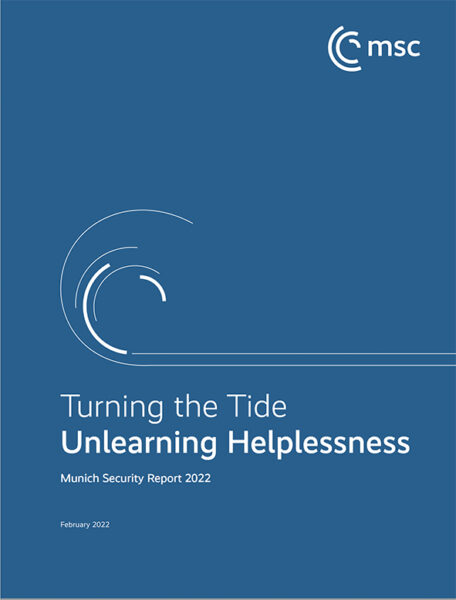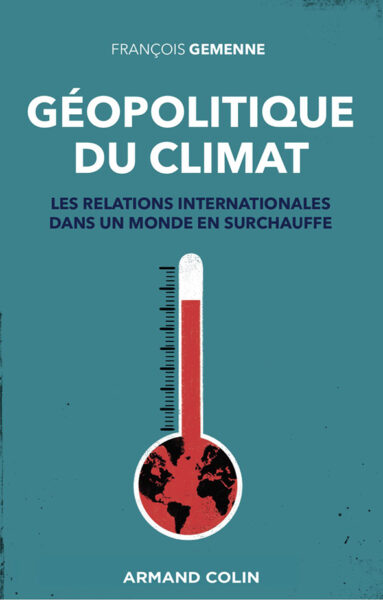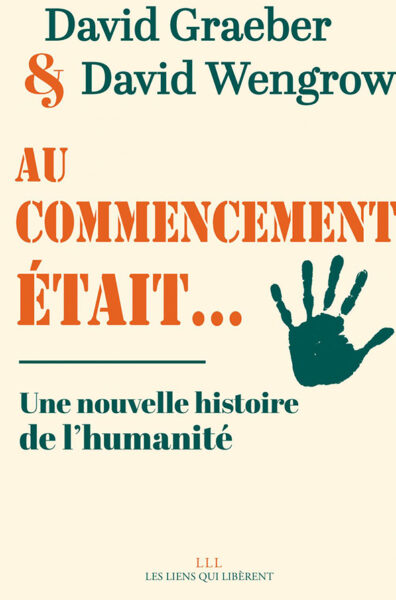Bruno Étienne argues cogently in this article that to think in terms of a clash of civilizations – Islam versus the West – is to make a serious error of judgement by ignoring the many non-religious factors that affect the relations between the Middle East and the West. In order to deal with this misunderstanding, he starts by setting out a clear definition of what he means by religion. He goes on to point out that politics and religion are often in competition, including in the Muslim world, and usually politics has the final say as to which strategy is adopted in international relations.
Bruno Étienne then ponders what kind of international system will emerge now that there is no longer a two-way split: will there be one Great Power or many? He notes that we are now faced with a “huge ideological shambles” and it would be too simplistic to describe it merely in religious terms when in fact the issues are clearly geostrategic: Europe and the United States have always wanted to (re)draw the map of the Middle East to suit their own interests. He also raises the current regional issues (e.g. the problem of Israel and Palestine, the Kurdish question, Iraq, water resources and oil reserves) and their possible impact on relations between the West and the Middle East.
Finally, Bruno Étienne focuses on the three countries competing for leadership in the Middle East: Turkey, Saudi Arabia and Iran, recalling along the way that “it is ignorance of the Other [that feeds] most of the fantasies, the prejudices and therefore the fears” .
No to the Slogan "Islam versus the West!" An Essay in Geostrategy: Reply to the Theory of "the Clash of Civilizations"
Cet article fait partie de la revue Futuribles n° 332, juil.-août 2007


